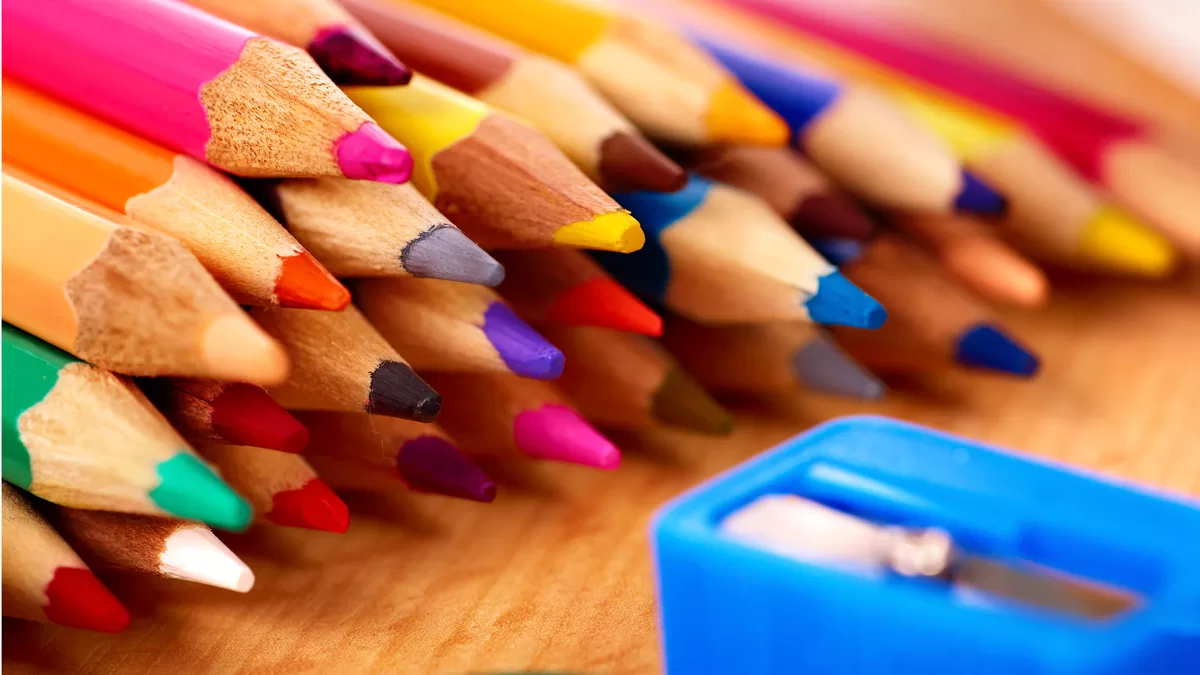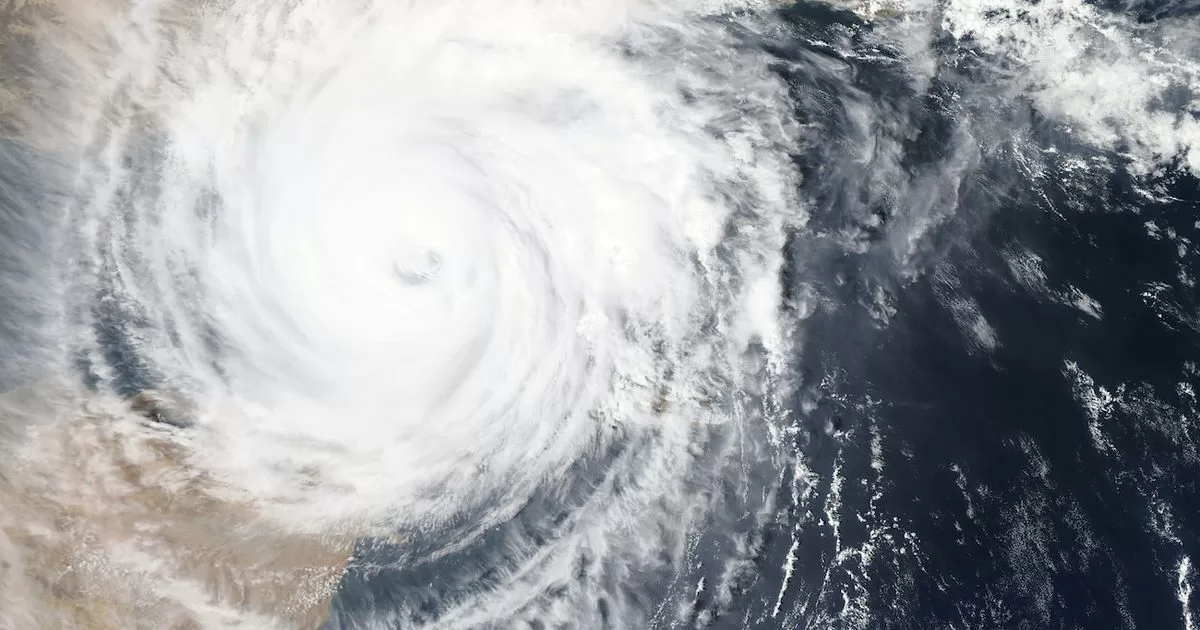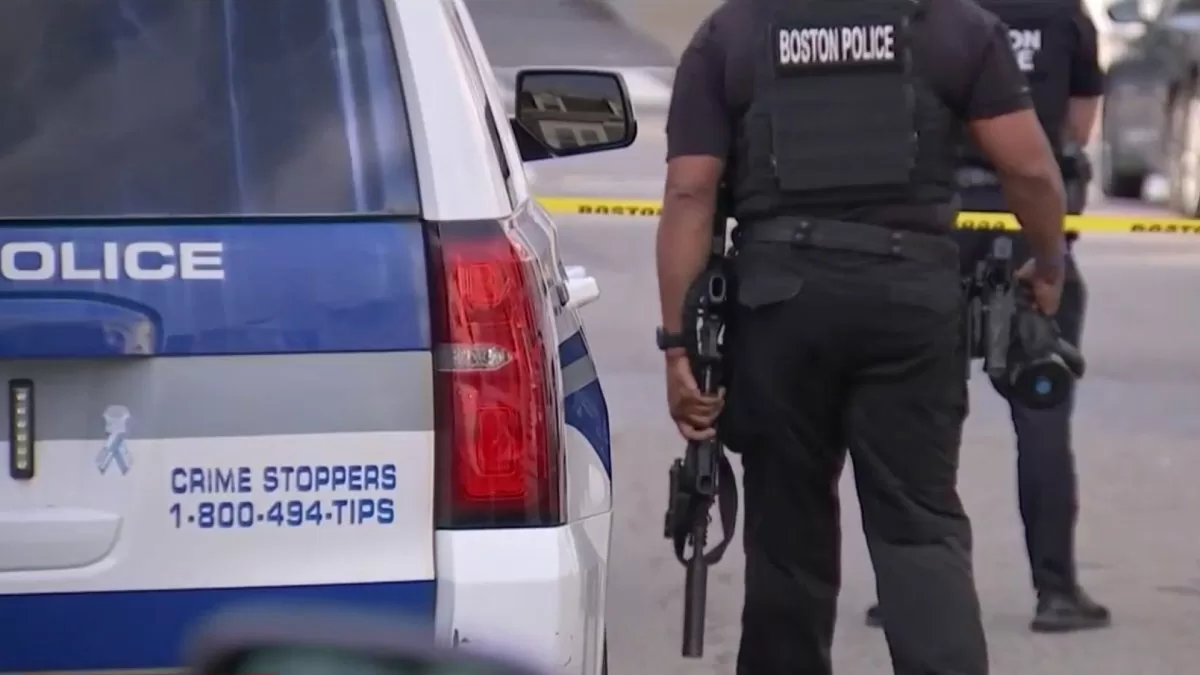Oleksandra Azarkhina enters the room with such a kind apologetic gesture that it’s hard not to forgive. The pace in each of the ministries that make up the Ukrainian government is frantic. “I have bad news,” she says, “but the minister (Oleksandr Kubrakov) wants me to be at the next meeting.” He is the boss. Time is running against her -and, without a doubt, that of the journalist-, but she, solicitous, she embarks on a precise, fast and crowded chat of numbers that seems to fly over, but that turn out to be accurate. Born in Simferopol, on the Crimean peninsula, 32 years ago, Azarkhina, Ukraine’s Deputy Minister of Infrastructure, still has, like many other members of Volodimir Zelenski’s Cabinet, a very youthful presence. That disappears when reviewing the table of her tasks, five years after her arrival in the Administration: she is not only one of those responsible for the great operation to rebuild the country ― ”we are facing figures from outer space; it’s hard to imagine the amount of money that’s needed,” she says in amazement, “but she also oversees the logistics that allow for the arrival of Western weaponry to help the Ukrainian army, a closely guarded secret.
Q. How much do they need to rebuild Ukraine right now?
For the period 2023-24, that is, in the short term, we need 13,000 million euros. But there are some myths surrounding the reconstruction of Ukraine. Myth number one: After the magical day we win, billions are supposed to pour into the country. We don’t expect that. We already started the reconstruction last year, right after the liberation of five provinces, we started to rebuild the bridges. For example, out of 360 destroyed, we rebuilt 40 of them. It is an ongoing process because it is about our survival. Now we can talk about the fact that this year we are allocating some 640 million to local reconstruction, of which almost half are loans from the European Investment Bank, plus the other half, the Ukrainian budget.
Q. What are the priorities?
R. Have the RDNA (Rapid Damaged Assets Assessment) report prepared by the best experts of the World Bank (figure the cost of reconstruction at 411 million). On the other hand, we collect local needs, analyze them together with anti-corruption experts, on a case-by-case basis. And then we allocate money from the state budget through the Fund for the liquidation of the consequences of the armed aggression of Russia. Of course, we are already doing urgent things, such as rebuilding the infrastructure to prevent hunger and lack of water for almost a million people in the region affected by the collapse of the Nova Kakhovka dam. The problems occurred not only in the south, but also in the north, where people lost access to normal water supply. On the second day after the Russian blasting, the reconstruction of the dam began, the pipes to connect to Krivói Rog, a very large city. We are rebuilding houses, critical infrastructures, heating systems, water systems, health centers and schools, especially focused on their (raid) shelters.
Q. Is the country’s energy network better protected?
Join EL PAÍS to follow all the news and read without limits.
subscribe
R. We hope to be better prepared. We learned some lessons last year and our priorities after the winter went in that direction. The first is decentralized (electricity) generation. Our spawn system is very centralized, so it was easy for the Russians to pick few targets and just destroy the system. Our strategy now is to be more resilient through decentralization. We are succeeding here, although not enough, but at least we know that we are already moving. Second, the protection of critical infrastructure. We are trying to make repairs to the main stations, we can’t reveal more, but what worries us a lot is that the Russians are sending us more and more drones. It’s all very risky, but we’re tough.
Q. They said they would use the frozen Russian money to repair damages. They are doing it?
R. We are already using the Russian money that was frozen in Ukraine. One of the biggest assets is Sberbank. They were like 17,000 million grivnas (420 million euros). We are using it to compensate the Ukrainians who lost their houses and apartments. It is not so easy from abroad and we understand that. We have to make Russia pay for the destruction. We hope our partners find a way to do it legally, not just keep those assets (frozen abroad), but put them to good use. But it’s a matter for lawyers. We build transparent tools so that this money is used. We have a system in place to provide compensation to people who have damages. And it’s very clear, transparent, and all through the phone.
Q. Corruption remains a threat. How is it fought?
R. Ukraine has done a lot to build a better anti-corruption system, and I am very happy that we have it. It definitely needs to be strengthened. The NABU (National Anti-Corruption Office) has 300 detectives for the whole country. That’s not enough. But I think we finally have the structure. Our part is to prevent corruption through malpractice. It is about data-driven solutions, transparency and accountability. When we upload everything to the digital system, corruption is much more difficult. And we know that it can’t solve every problem, but at least it makes sure that anyone can see if something is wrong and that we can prevent it. So I’m pretty proud of the Dream platform.
There is no corruption at the central level, but we still have risk at the local level. We are trying to prevent it. Corruption can happen anywhere, not just in Ukraine. The system is important, but also the reaction. For example, if we start to cover up mistakes it will be bad. If we, on the other hand, as a State, react every time something happens, we will go in a good direction.
Q. You are also responsible for the logistics that make it possible for allied weapons to arrive. Does the flow of weapons from the West continue? It has decreased?
R. It’s a dynamic flow, Ukraine is well supported, support is consistent. There are moments that depend on production. But overall, we feel that our partners are delivering what they promise. They say they continue to support us and they are.
Q. How do they manage to keep the transport of these weapons a secret?
R. I can’t give you details, but the project we are doing is a good example of how Ukraine works. It is a combination of the military, civil state, volunteers and companies. As if we are helping each other, making sure that it is spread out, while also supporting it from all sides.
Follow all the international information on Facebook and Twitteror in our weekly newsletter.
Subscribe to continue reading
Read without limits





